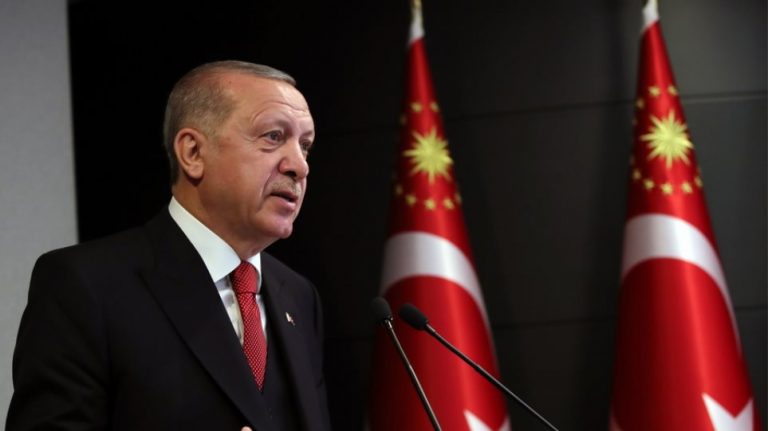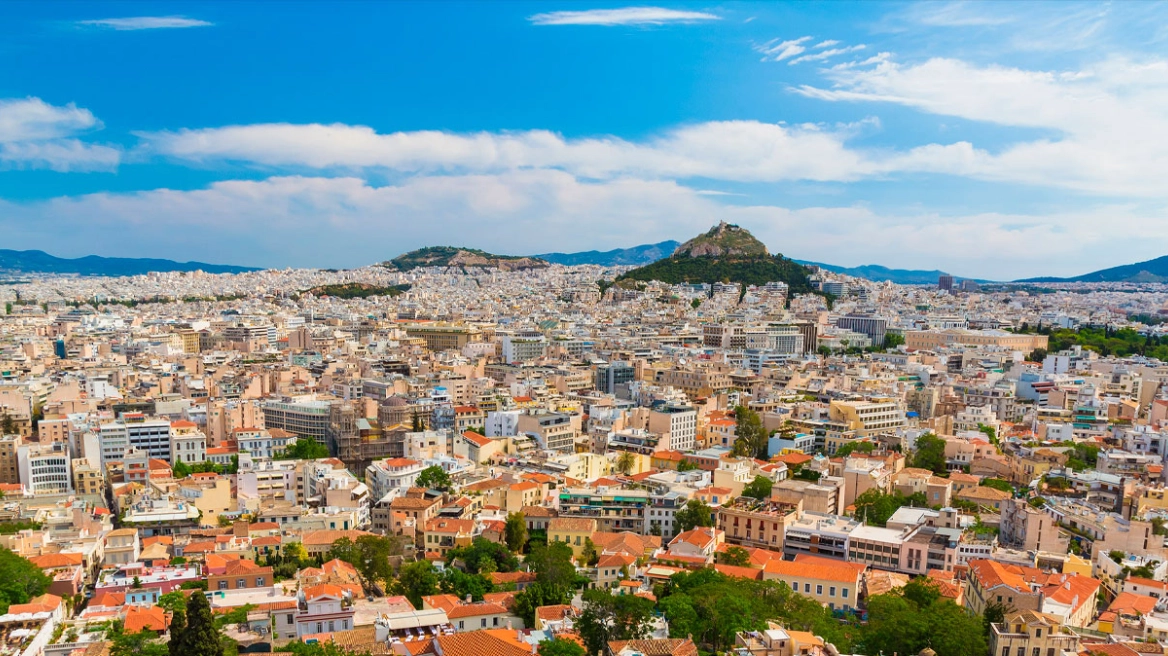Turkish President Recep Tayyip Erdogan has for nearly two decades taken strides to transform Ankara’s place in the world. Today, his dreams seem further from reach than ever before.
More than 10 years ago, then-Prime Minister Erdogan made a decisive foreign policy pivot. No longer would Turkey grovel at the gates of the European Union, begging to be let in. Instead, Turkey could once again project regional strength, expand its influence over its former imperial subjects in the East, and become a global force to be reckoned with.
It was an idea that captured the imagination of his popular base, buttressing his bid to maximize the breadth of his powers. Erdogan’s allies in Egypt and Syria made huge political gains in the early years of the Arab Spring, which first began in December 2010 and Erdogan’s Neo-Ottoman dream appeared to be materializing.
Greece: The new Navtex is a major escalation and a direct threat
Israel would oppose any US F-35 sale to Qatar, Israeli minister says
But fast-forward a decade, and the President’s allies in the region – largely groups affiliated with the Islamist Muslim Brotherhood – are a grossly diminished force. Outside of regional bastions of support in Qatar, Somalia and the Tripoli-based government in war-torn Libya, Erdogan’s power projection has left a bitter taste in the mouths of many regional leaders.
Read more: CNN
Ask me anything
Explore related questions





